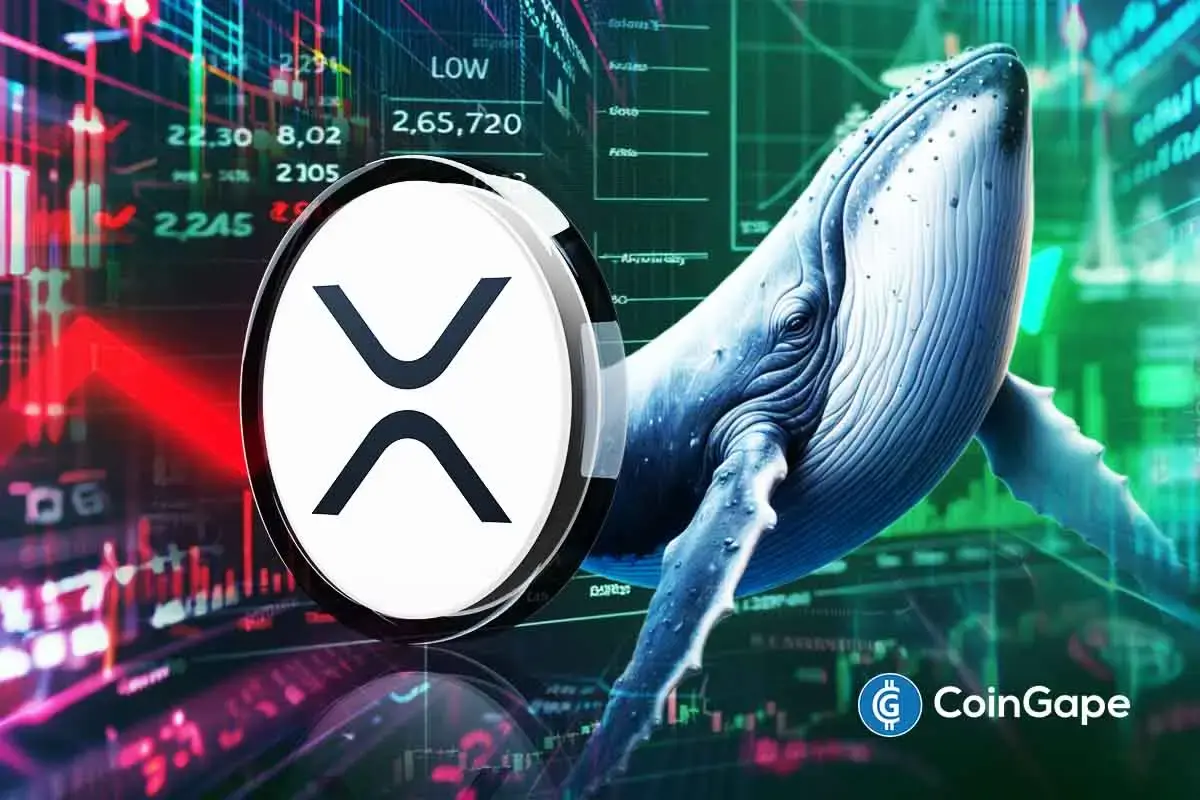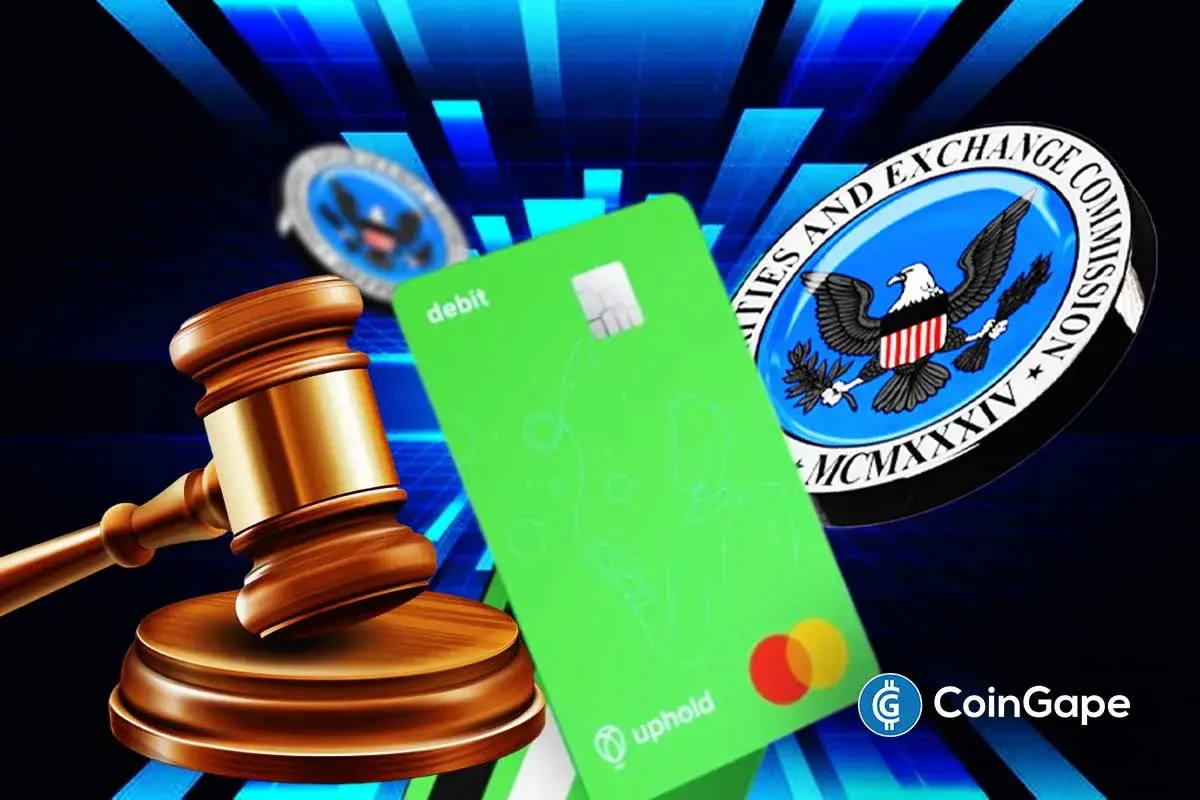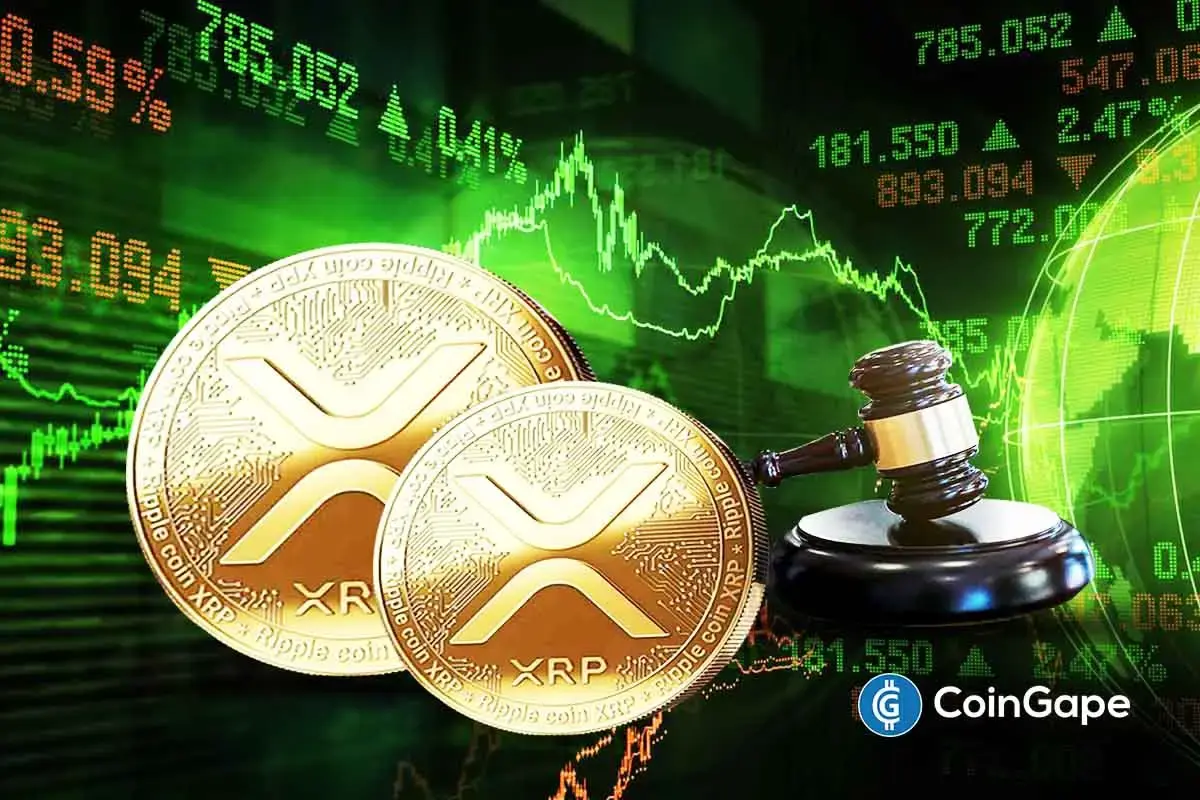XRP Lawsuit: Joint Motion Filed To Extend Expert Discovery Deadline

The latest update in the XRP lawsuit saw both parties come together to file for an extension on one of the expert deposition’s deadline. Expert discovery is currently scheduled to close on January 14, 2022. However, due to conflicts in schedules of various experts and of the counsel responsible for those depositions, the parties have appealed the court to grant them till January 19, 2022, i.e., three business days after the existing close of expert discovery.
#XRPCommunity #SECGov v. #Ripple #XRP Parties file joint motion to extend the expert discovery deadline by 3 days to take final expert deposition. Extra time needed due to scheduling conflicts. Will not change other case deadlines. pic.twitter.com/lzKFfMdhSQ
— James K. Filan 🇺🇸🇮🇪 (@FilanLaw) December 10, 2021
Both parties have noted that being in sync with the former deadline, they have disclosed a total of 16 experts witnesses. Furthermore, depositions for 15 of those 16 experts is either completed or scheduled to occur by the former deadline. The parties have appealed for this extension in good cause. Additionally, they have determined that this specific rescheduling will not effect other case deadlines, given the urgency of the matter.
DPP Dispute Reopens in the XRP lawsuit
While the XRP lawsuit was heading in the right direction, with all deadlines in place, the previous update came as either a shock or a relief to the participants of the case, along with entities that may get effected by the verdict. Earlier this week, both parties submitted supplemental briefs on Deliberative Process Privilege (DPP) in the Defendant’s Motion to Compel Discovery, referring to the Second Circuit’s decision in the case of Natural Resources Defense Council v. EPA (NRDC).
It is particularly concerning for Ripple and the XRP community, since NRDC case’s verdict has restructured the scope of DPP,has opened the DPP dispute yet again in the XRP lawsuit. This may further make changes in favour of the SEC, and against the defendants, specifically, over the documents submitted for in camera review.
The SEC is claiming protection under DPP, as the NRDC verdict noted that the agency is not required to connect its records to a “single, discrete decision” to seek DPP protection. Instead, the SEC has the right to identify a broader “decisionmaking process” to which the records relate, instead of limiting it to an identified decision.
#XRPCommunity #SECGov v. #Ripple #XRP SEC files Supplemental Briefing regarding Deliberative Process Privilegehttps://t.co/yMxOhmcRgFhttps://t.co/CmwHA1xFH4
— James K. Filan 🇺🇸🇮🇪 (@FilanLaw) December 8, 2021
However, Ripple has contended the SEC’s stance, arguing that the SEC never made any deliberations about starting a policy process addressing whether to regulate digital assets as securities. Therefore, according to the defendants, the plaintiff has failed to identify any definable decision or decision making making in the first place, rendering the SEC ineligible for protection under the updated scope of DPP.
#XRPCommunity #SECGov v. #Ripple #XRP Ripple files Supplemental Briefing regarding Deliberative Process Privilege https://t.co/QcVFVCUHCc
— James K. Filan 🇺🇸🇮🇪 (@FilanLaw) December 8, 2021
- Trump Tariffs: U.S. Supreme Court Sets February 20 for Potential Tariff Ruling
- Brazil Targets 1M BTC Strategic Reserve to Rival U.S. Bitcoin Stockpile
- Breaking: U.S. CPI Inflation Falls To 4-Year Low Of 2.4%, Bitcoin Rises
- Bitget Launches Gracy AI For Market Insights Amid Crypto Platforms Push For AI Integration
- BlackRock Signals $257M Bitcoin and Ethereum Sell-Off Ahead of Partial U.S. Government Shutdown
- Bitcoin Price Outlook As Gold And Silver Lose $3.6 Trillion in Market Value
- XRP and Ethereum Price Prediction as Trump Seeks to Lower Key Tariffs
- Solana Price Prediction as $2.6 Trillion Citi Expands Tokenized Products to SOL
- Bitcoin Price Could Fall to $50,000, Standard Chartered Says — Is a Crash Coming?
- Cardano Price Prediction Ahead of Midnight Mainnet Launch
- Pi Network Price Prediction as Mainnet Upgrade Deadline Nears on Feb 15


















